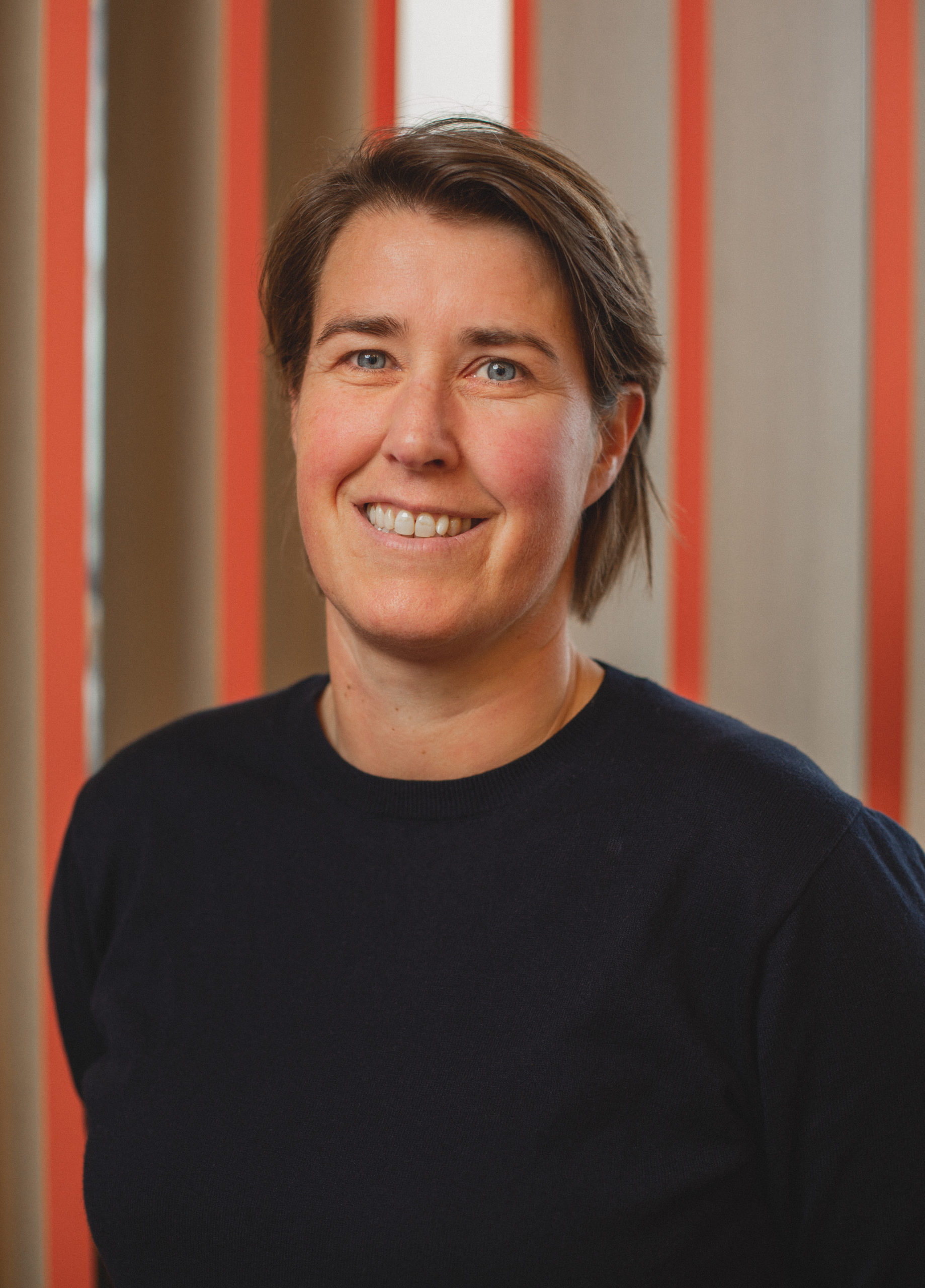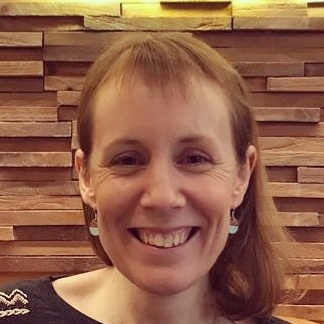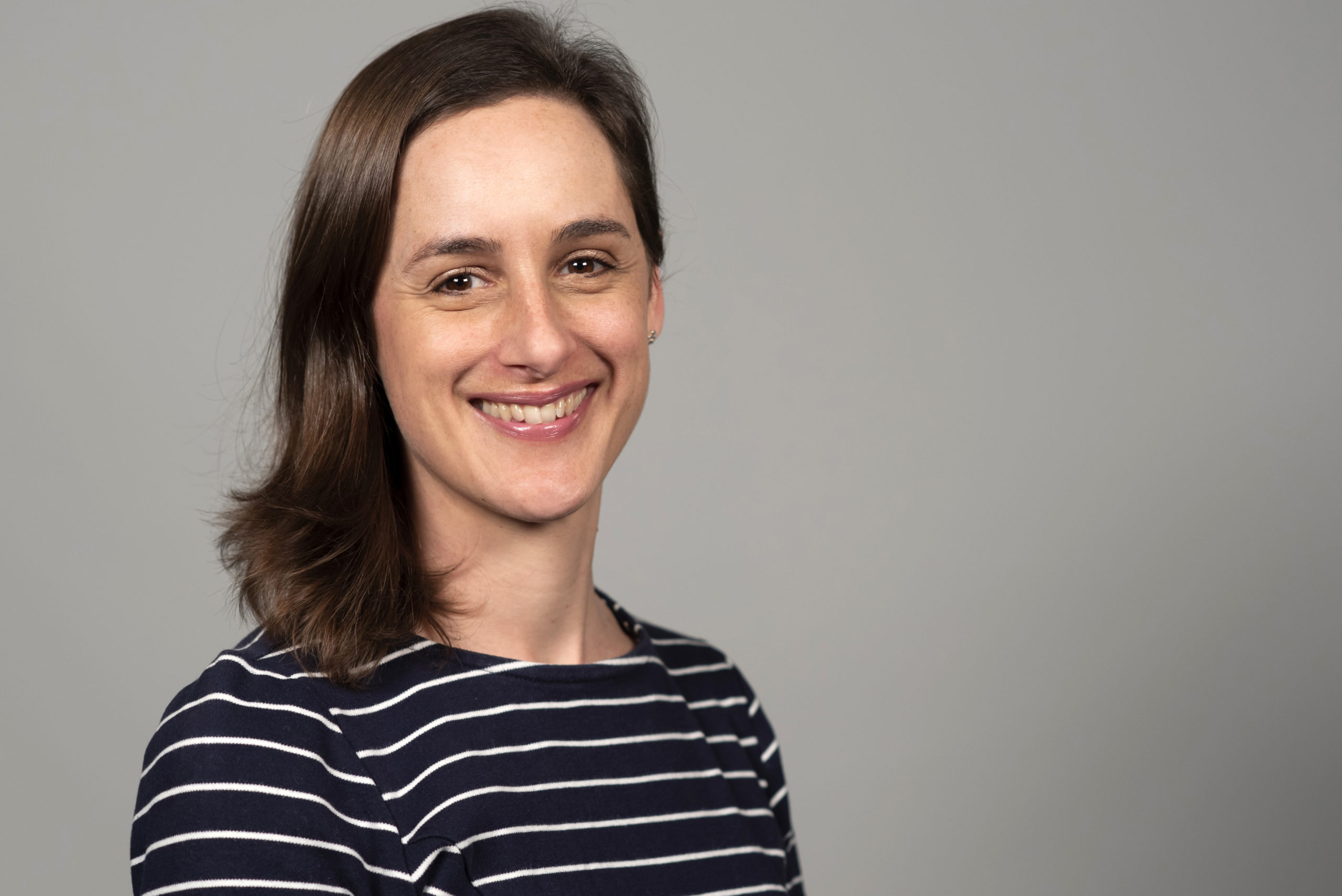CLTS can lay the ground for active community ownership of new behaviours and habits, and ensure that all community members are involved in the process of change, especially those who were previously ignored or excluded.
This is a book chapter taken from Sustainable Sanitation For All: Experiences, Challenges and Innovations.
Universal access to improved sanitation by 2030 with an emphasis on the rights of all excluded groups is one of the Sustainable Development Goals (SDGs). This chapter argues that Community-Led Total Sanitation (CLTS) can support the achievement of this goal. However open defecation free (ODF) status can be put at risk by just one person. It will be unachievable and unsustainable unless people who are marginalized and vulnerable are actively and meaningfully included, consulted, and considered in all aspects of CLTS programming.
Without this, there is a risk of inappropriate design or location of facilities, overlooking the needs of people who are marginalized, which can limit or deny their access to sanitation. This chapter outlines the dimensions of equality and non-discrimination and barriers to access, and suggests practical entry points for inclusive and sustainable CLTS programming.










